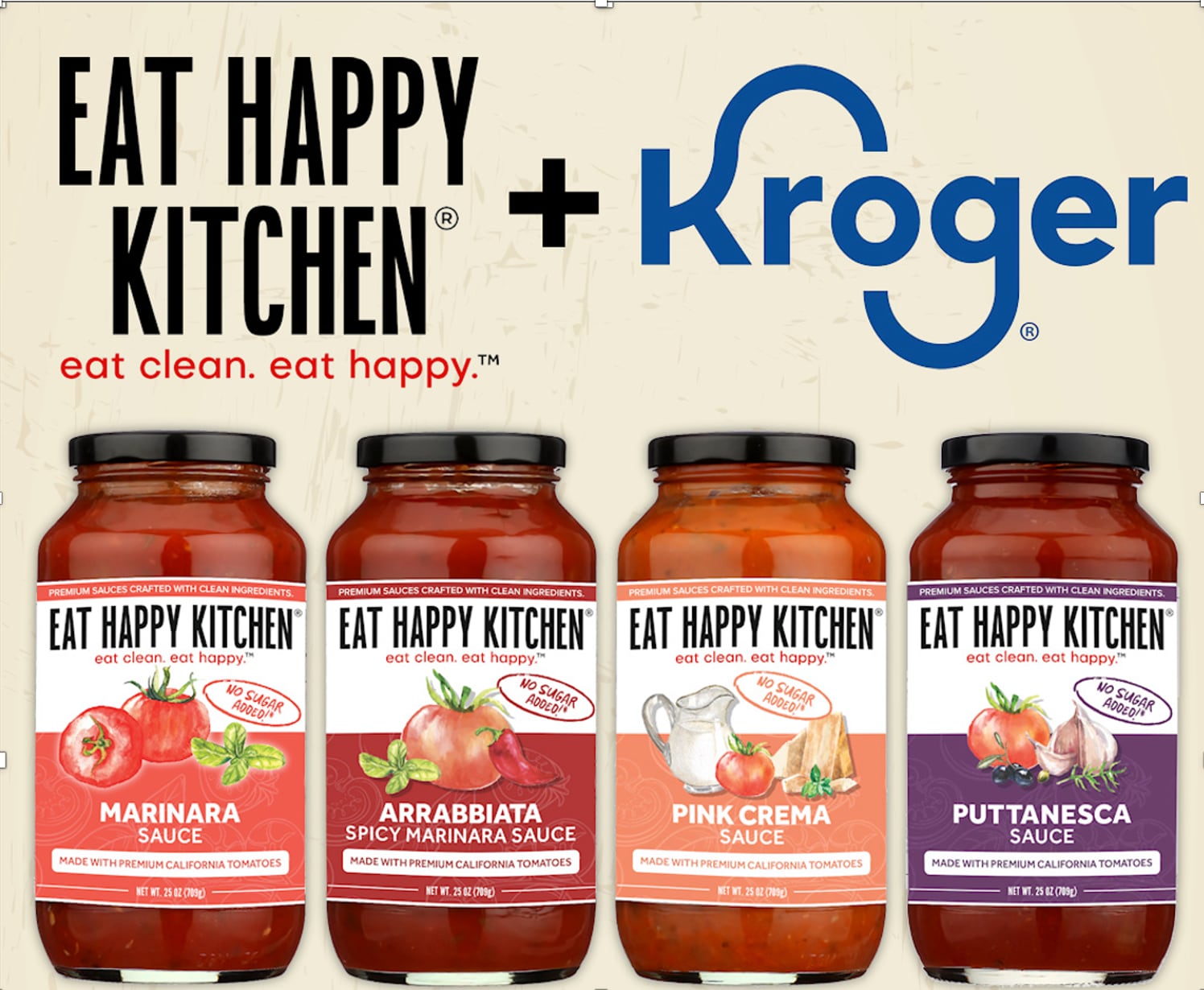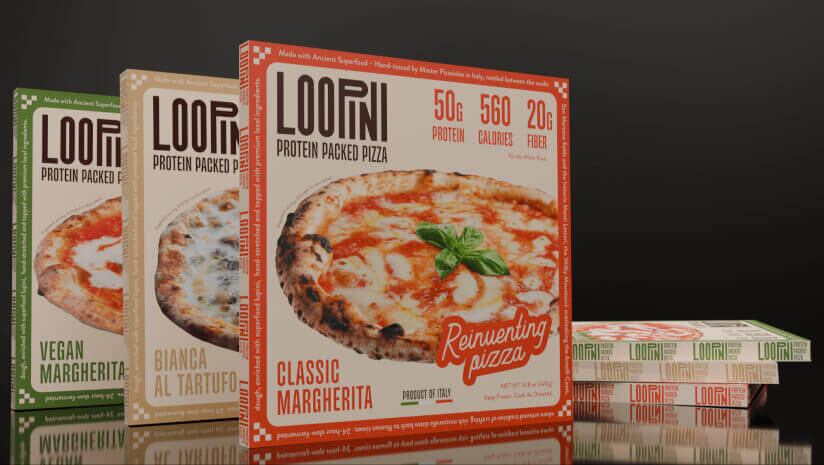Small business founders often wear many hats – especially in the lean early years when budgets are tight – but holding on to the reins too tight or too long can stifle growth, which is why the founder of Auria’s Malaysian Kitchen advises entrepreneurs to “let it go, to let it grow.”
For more than a decade, Auria Abraham said she slowly built Auria’s Malaysian Kitchen to include a line of sambals and spice blends that are clean and convenient, but despite hitting many mainstream trends and watching consumer interest in ethnic foods boom – her business remained small.
“Everybody says business should grow slowly, but how slow this business has grown is mind blowing,” she lamented.
“What has taken me too long to realize is the potential of this brand, and because I didn’t realize the potential of this brand, I kept it small. I’ve played small. I have done it basically by myself,” explained Abraham, who acknowledges this was a disservice to herself and her business.
So, this January, she said she decided to “let go of the reins a little bit and hire a team.”
She adds, “This is the biggest aha moment that I’ve had in my business. If you are holding on to it, it can’t grow. You have to let it go, to let it grow. And that means hiring people, getting a team,” letting people do what they do best and “not being so precious with it.”
She advises entrepreneurs at startups to “do it your way” for a year or two, but by year three start building a team and “let your business go.”
‘Ethnic food in the US is a $24 billion market’
Abraham acknowledges letting go is emotional, but she adds very few solopreneurs can manifest the full potential of their business by themselves – and for Auria’s Malaysian Kitchen, the current market opportunity and consumer interest in Asian food was too big to miss.
“When you look at the growth potential of this business, it is enormous. I think the market for ethnic food in the US is a $24 billion market, and people are into Asian sauces. Southeast Asia is hot right now. We are really, really hot right now. And so, we need to grab that opportunity,” she said.
Let go, but remain engaged
To do that, Abraham hired a sales team with an established track record in the food industry, an “incredible network” and a willingness to work with her – not just for her.
She explained while she trusts her new team – thanks in part to clearly outlining responsibilities, goals and expectations in the contract – she remains fully engaged in their processes.
“I talk to my broker daily. Daily. It is not like you hire and then they do it and you are out of the picture. No. It remains a group effort,” she said.
Collaborations can be a stepping stone for letting go to grow
Entrepreneurs that are unable to hire a team, still do not have to go it alone. Collaborations with other budding businesses or established players can help raise a brand’s visibility while also sharing the workload of a launch or campaign.
Last August, Auria’s Malaysian Kitchen collaborated with the popular spice company Burlap & Barrel to create a mango sambal using Abraham’s grandmother’s recipe and Burlap & Barrel’s Alphonso Mango Amchur powder.
Originally a limited edition item that went out in Burlap & Barrel’s quarterly spice club box, the sambal was so popular that Abraham said she decided to sell it under her brand and launched it at the Summer Fancy Food Show in New York City this summer.
Auria’s also recently launched a laksa spice blend that it sampled at the show. Both offer convenience and complexity that home cooks can use in a variety of dishes.
Reflecting on the launches and the growth that has happened since she hired a team, Abraham said she is learning how to balance hard parts with the good parts of building a business.
“While there is fear and unknown about business, or whatever, I’ll say this: Food is fun. Food is family. Food is meant to be shared and it is meant to bring people together,” she said. “And this does not feel like work. This feels like fun. I’m having a good time.”



